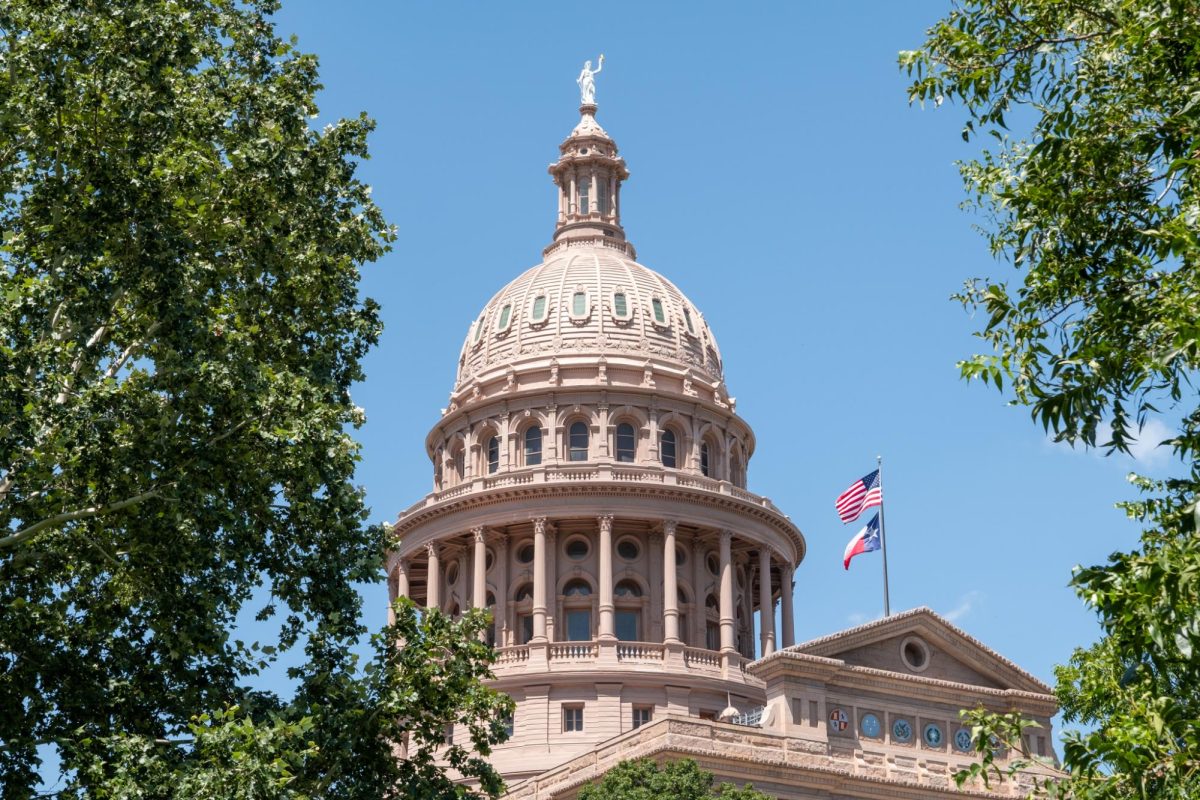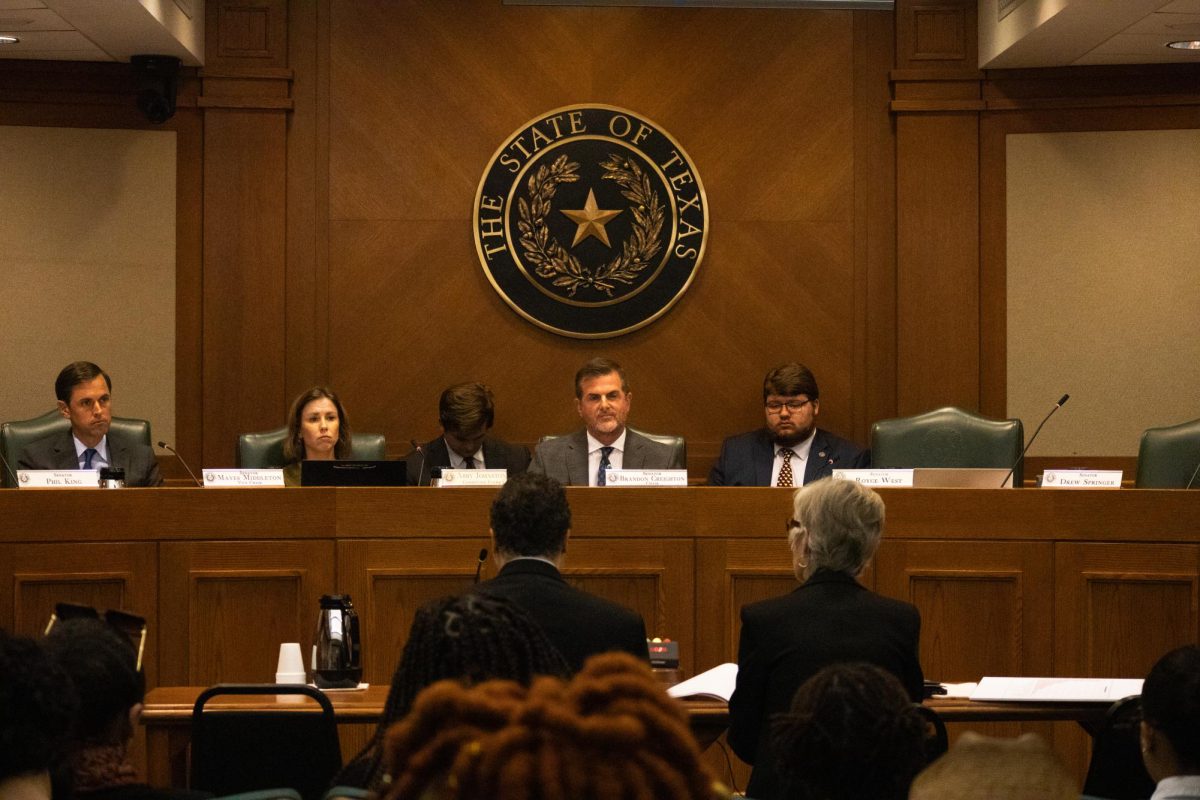Low-income students and students in need of additional support have suffered most from an over $5 billion funding hole, according to a recent report by UTeach and the Center for Public Policy Priorities.
The Texas Legislature’s 2011 $5.3 billion cut to public education led to substantially less funding for bilingual programs and accelerated education among low-income students in the K-12 age range, according to the report released on Oct. 5.
“There’s kids who’ve lost almost their whole elementary education because of decreased funding,” said Chandra Villanueva, co-author of the report. “They weren’t getting the in-depth resources that they needed, the individual attention from their teachers (and) the in-depth programming and tutoring that the programs provided.”
Villanueva, senior policy analyst for the Center for Public Policy Priorities, co-authored the report with Michael Marder, co-director of the UTeach program. Marder said he and Villanueva analyzed data from school districts all over Texas.
“We had discussions with districts as the cuts were happening, and so we knew stories of the things that were going on,” Marder said. “This is an attempt to see if stories we were hearing were just
isolated incidents, or whether the pictures we had in our head from the stories were true.”
Villanueva and Marder found there has been 21 percent less spending on academic support programs and 40 percent less spending on bilingual education at elementary schools with the highest percentage of low-income students.
Districts were pushed to reduce school funding due to many factors, including a loss of funding from the 2009 federal stimulus package and the $5.3 billion cut in 2011, according to the report. Public education funding returned to pre-2011 levels in 2015.
“The kids are coming faster than the funding is being restored,” Villanueva said. “We haven’t quite gotten up to the same per student levels of funding that we were before.”
In 2011, school districts brought a case against the state in response to the $5.3 billion cut, UT education professor Norma Cantu said. In 2016, the Texas Supreme Court upheld an appeal court’s ruling that all students require the necessary resources and funding, but struck down all other claims that the funding of public schools was unconstitutional.
“The constitution uses the language, ‘The state shall deliver a general diffusion of knowledge,’” Cantu said. “The constitutional right to have an access to that general diffusion of knowledge belongs to every Texas child.”

















